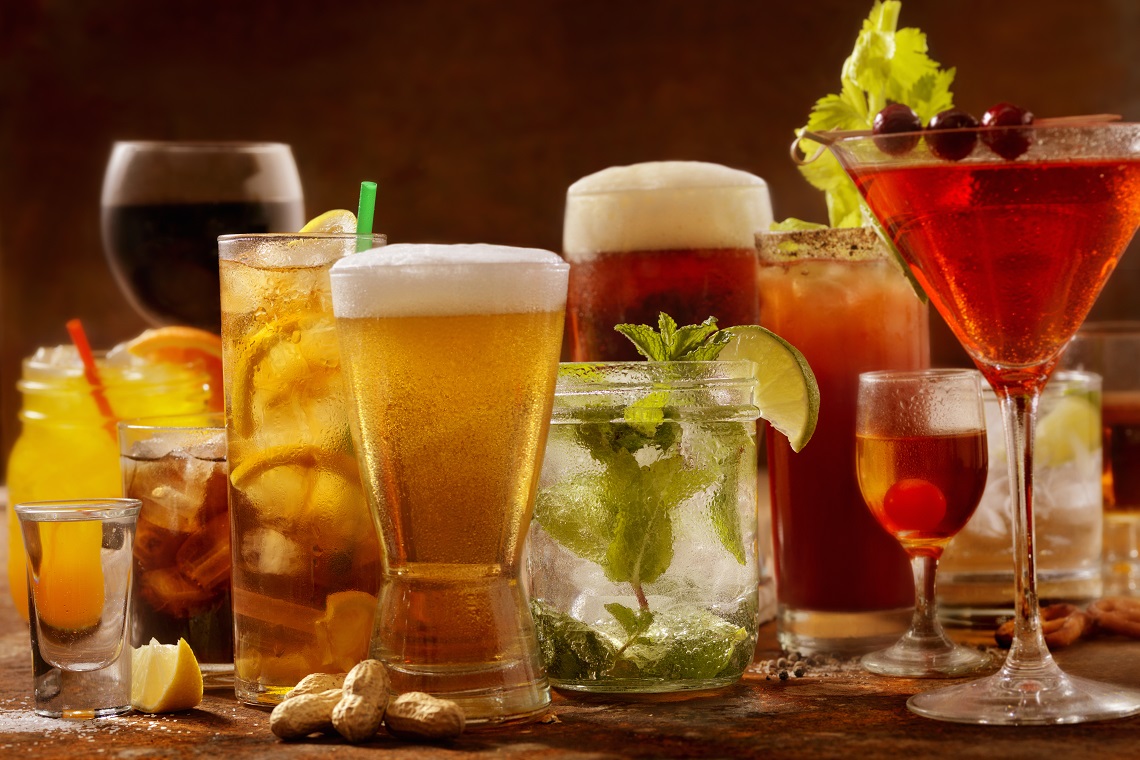The notion of overseas trends influencing the Australian market is nothing new and this has been seen recently with major trends such as premiumisation, health and wellbeing and the rise and rise of craft drinks.
From ‘indies’ and ‘Spiders’ to social media and politics there are a huge range of trends and factors that IRI’s Liquor Channel Manager Stephen Wilson predicts will influence Australian consumer drinking habits in the year ahead.
He said: “Trends from the US and UK markets are largely influencing trends in the Australian market.
“The popularity of spritz cocktails, the rise of pink spirits, increasing momentum behind gin and the emergence of non-alcoholic beer are perfect examples of some key trends that have been replicated in the local market.
“Millennial influence with the ‘Instagramable’ nature and visual appeal of their beverage of choice, aspirations to lead a healthier lifestyle that include better choices and occasion based product offerings are largely driving these trends.”
He added: “The interest in supporting ‘indies’ we have witnessed in Australia is alive and well globally with drinkers looking to support the plethora of craft micro-breweries and craft distilleries whose numbers continue to grow.”
Many retailers will know that the process of the packaged liquor purchase has changed in recent years as consumers look at ways to improve the knowledge of the products they are buying and increasingly look for a ‘story’ behind their purchases.
This is something that Wilson said he expects to continue in 2019.
“Globally drinkers are more engaged with their beverage choices, wanting to know about the products origin, who is making their beverage, use of local ingredients, terroir, environmental impact and sustainability,” he said.
He added that category blurring and innovation will be an increasing factor.
“Category blurring is gaining momentum,” Wilson said. “This appeals to a drinker’s sense of fun and adventure with ‘Speers’ and ‘Spiders’ (a combination of spirits and beer and spirits and cider) a great example of innovation that has become more prominent.”
Finally, Wilson said that the political landscape, which is increasingly unstable in both the US and UK, with shutdowns and Brexit respectively, is influencing liquor sales in both the US and UK.
“US President Donald Trump has been making a lot of noise about the inequity in trade between the US and its trading partners threatening to introduce targeted new tariffs and increase existing tariffs having the potential to destabilise the global market,” Wilson said.
“Trump tweeted in November 2018 ‘On Trade, France makes excellent wine, but so does the US. The problem is that France makes it very hard for the US to sell its wines into France, and charges big Tariffs, whereas the US makes it easy for French wines, and charges very small Tariffs. Not fair, must change!’.”
In terms of the UK’s political landscape, Wilson said: “Brexit looms large on the horizon for the UK driving a slowdown in retail sales as the March 2019 deadline looms.
“Uncertainty is driving economic growth lower as shoppers rein in spending. This also impacts on the level that drinkers are willing to spend. As an example, imported wine which accounts for 60 per cent of Britain wine sales has become more expensive due to higher import costs as the exchange rate for the pound moves lower making locally produced wine at a lower cost more attractive to drinkers.”
While the political landscape in Australia is largely seen as unstable because of the number of Prime Ministers the country has seen recently, we are not experiencing the issues seen in the US and UK. However, there is a Federal Election looming this year and while Wilson said IRI expects there will be subdued growth prior to the vote, he added he expects the market will “revert to stronger growth following the Federal election for the remainder of the year”.
This article was written for the 2019 National Liquor News Annual Industry Leaders Forum published in February.

